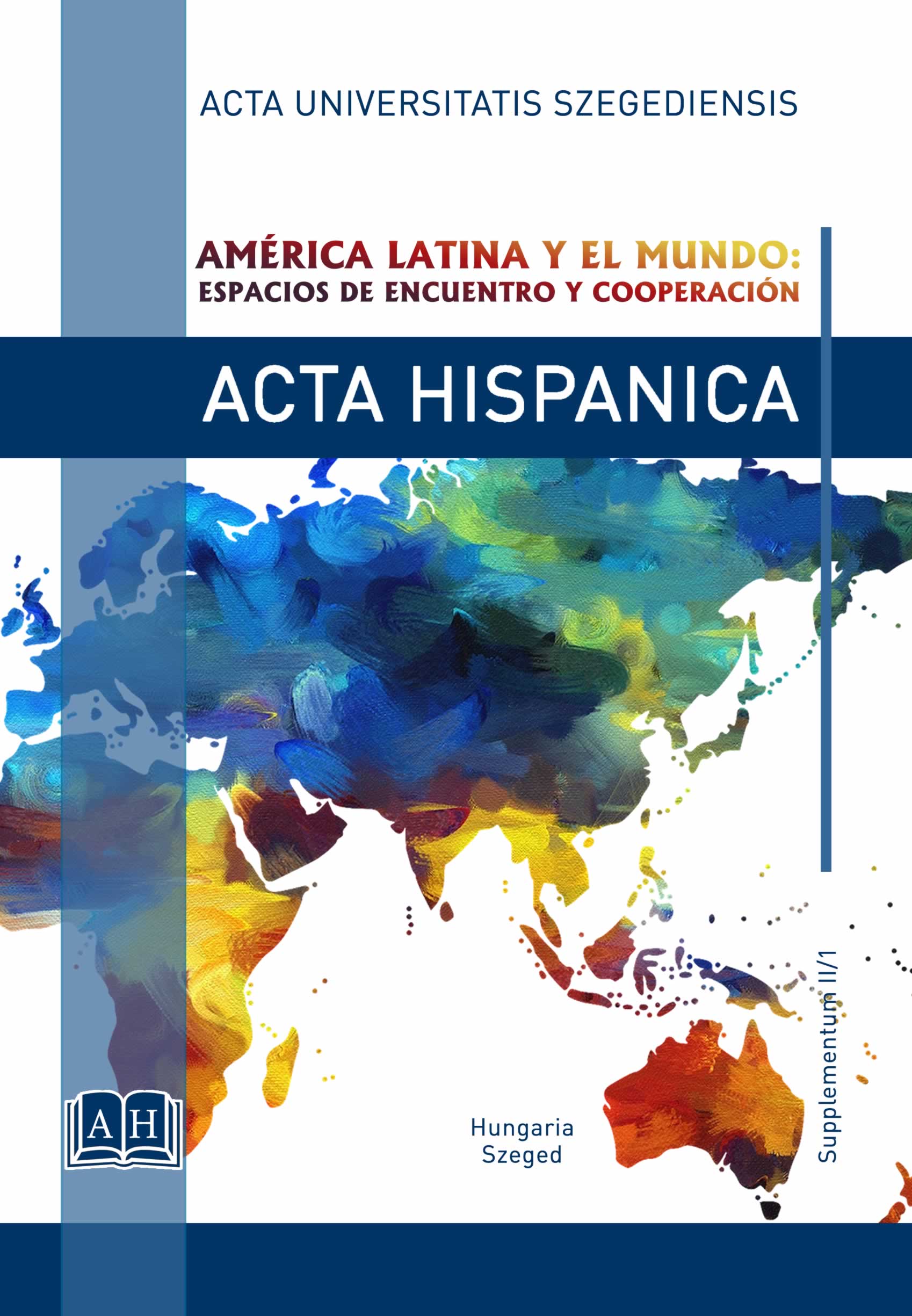Diálogo judeo-cristiano en la obra de Hugo Schlesinger (1920-1996)
Main Article Content
Resumo
Hugo Schlesinger, judío polaco y sobreviviente de holocausto, después de la Segunda Guerra Mundial emigró para Brasil. Dejó un legado significativo de publicaciones dedicadas al tema de economía y comercio, judaísmo, diálogo, desarrollo personal y espiritual. El artículo introduce a su pensamiento a través del tema de diálogo judeo-cristiano. La primera parte trata de experiencia personal de guerra y holocausto, antisemitismo, ideologemas antisemitas, fanatismo y racismo. La segunda se refiere al diálogo y asuntos afines como comprensión del judaísmo, presencia e integración de judíos en la sociedad, Justos entre las Naciones y Consejo de Fraternidad Cristiano-Judaica en Brasil.
Downloads
Article Details
Referências
Allport, Gordon (1964). The Nature of Prejudice. Massachusetts: Cambrige University Press.
Domańska, Ewa (2001). Ku archeontologii martwego ciała: kontemplacyjne podejście do przeszłości, ER(R)GO. Teoria–Literatura–Kultura, 2(3). 37-60.
Gough, Harrison G. (1951) Studies of Social Intolerance: IV. Related Social Attitudes. The Journal of Social Psychology, 33/2. 263-269.
Pietrzak, Andrzej (2017). Hugo Schlesinger (1920-1996). Promotor kultury i dialogu żydowsko-chrześcijańskiego w Brazylii. En: Ryszard Zajączkowski (ed.). 2017. Literatura polska na obczyźnie – zapomniane dziedzictwo po roku 1939. Lublin: TNKUL. 173-183.
Schlesinger, Hugo (1992). Por livre e espontânea vontade. Rio de Janeiro: Imago Editora.
Shlesinger, Hugo (1990). O último papa. Rio de Janeiro: Imago Editiora.
Schlesinger, Hugo (1987a). Um diálogo sem preconceitos. São Paulo: Conselho de Fraternidade Cristão-Judaica.
Schlesinger, Hugo (1987b). Médicos Judeus na História da Medicina. São Paulo: Organização Andrei Editora LTDA.
Schlesinger, Hugo (1982). Meus irmãos famosos. Judeus de ontem e hoje a serviço da humanidade. São Paulo: Editora B'nai B'rith.
Schlesinger, Hugo (1978). O testemunho dos justos, Sobreviventes do massacre nazista contam suas histórias. São Paulo: Edições Paulinas.
Schlesinger, Hugo (1973). Os papas e os judeus. Petrópolis: Vozes.
Schlesinger, Hugo (1971). Raízes e origens judaicas do cristianismo. São Paulo: Editora B’nai B’rith.
Schlesinger, Hugo (1969). Pequeno ABC do pensamento judaico. Síntese de definições dos valores religiosos, morais e éticos do judaísmo. São Paulo: Editora B’nai B’rith.
Schlesinger, Hugo – Porto, Humberto (1988). Geografia universal das religiões. São Paulo: Edições Paulinas.
Schlesinger, Hugo – Porto, Humberto (1986). Líderes religiosos da humanidade. Vol. 1-2. São Paulo: Edições Paulinas.
Schlesinger, Hugo – Porto, Humberto (1975). Anatomia do anti-semitismo. São Paulo: Edições Loyola.
Zemszał, Piotr (2014). Wartościowanie uniwersalne i ideologiczne – pojęcie i rola ideologemu na przykładzie wybranych nominacji dotyczących Stalina w sowieckim dyskursie ideologicznym, Etnolingwistyka, 26. 46-56.
Zemszał, Piotr (2008). Ideologem w dyskursie ideologicznym, Oblicza Komunikacji, 1. 83-87.





